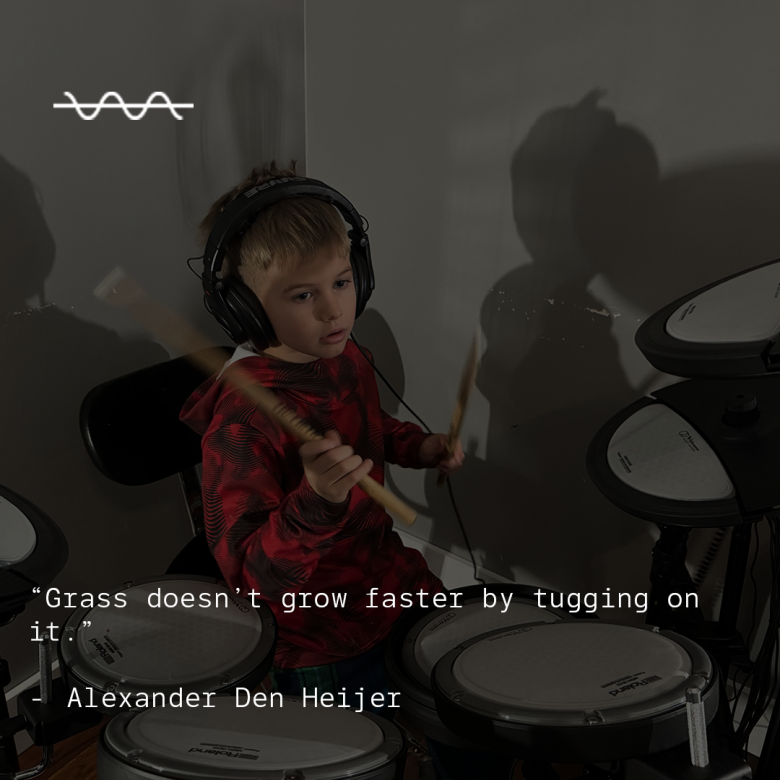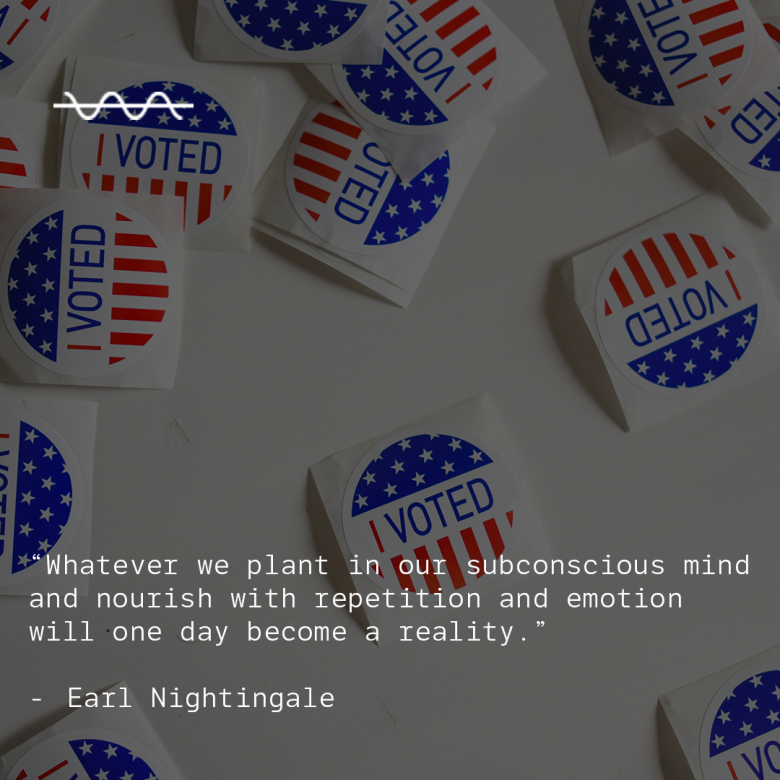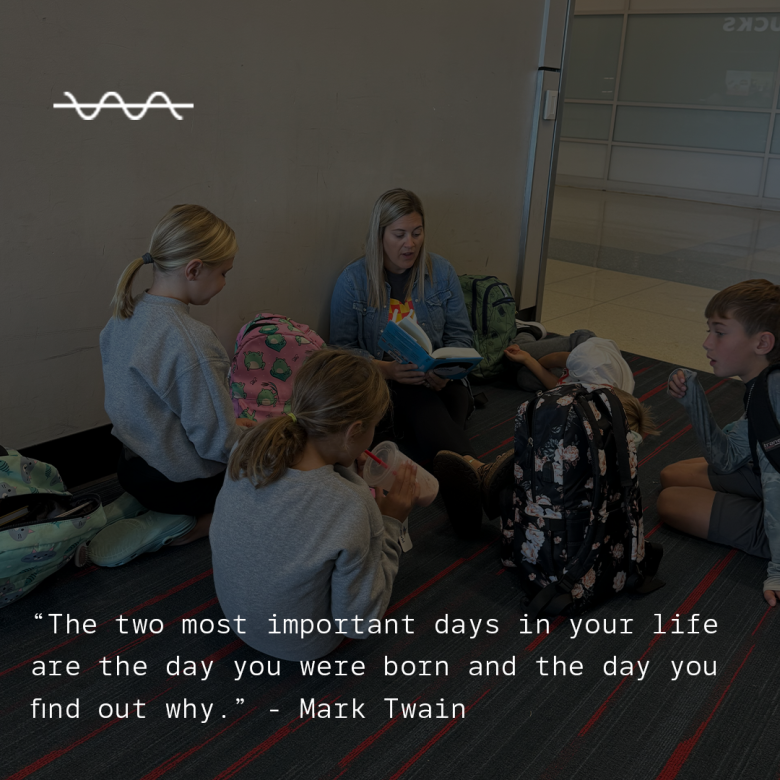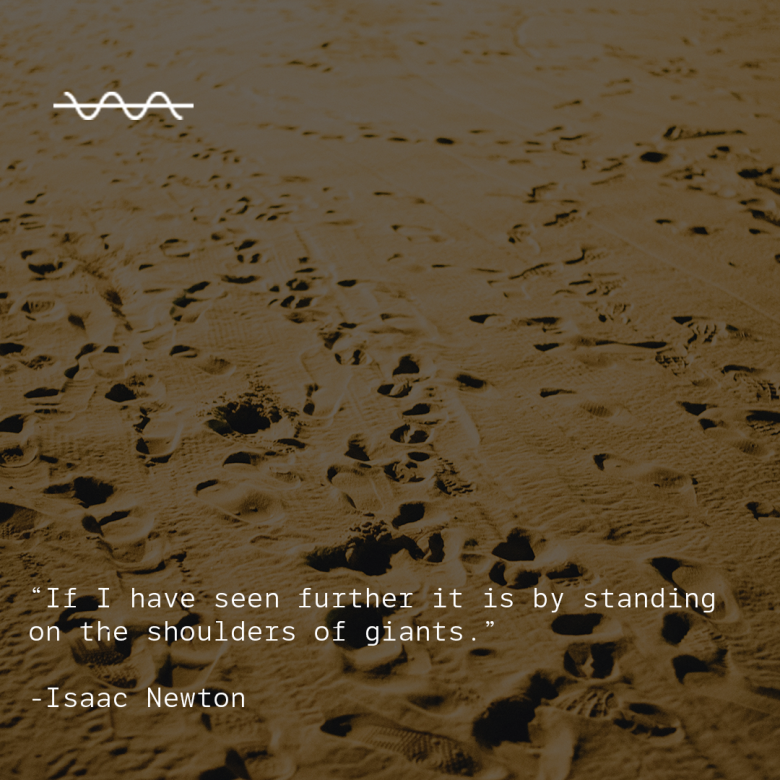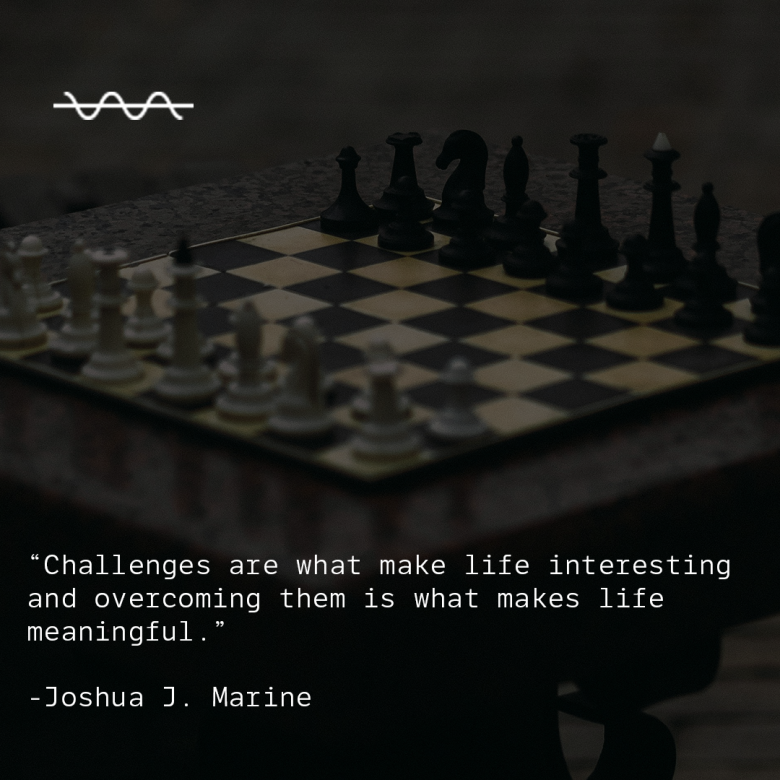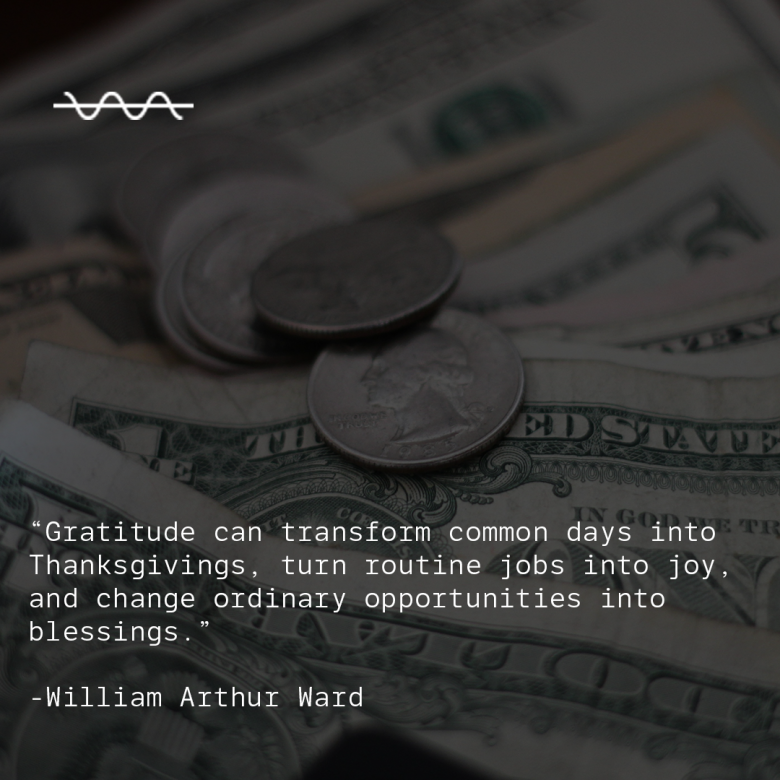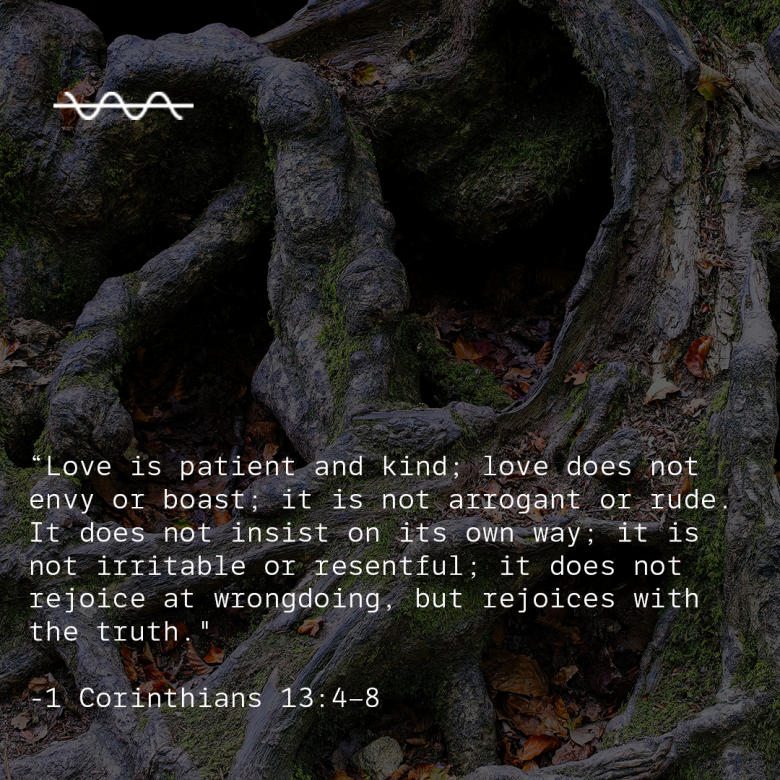Advice for College Students
[vc_row][vc_column][vc_single_image image=”1995″ img_size=”full” alignment=”center”][/vc_column][/vc_row][vc_row][vc_column][vc_column_text]Campuses will soon be swarming as the pursuit of college education resumes. Having had the opportunity to interview dozens of graduates recently, I’ve observed patterns in those who’ve exited college with more than a piece of paper. The following is a collection of advice gleaned from those observations:
1. Use your status as a college student to ask questions:
Successful people see a little bit of themselves in college kids. Especially ones that have grit. If you let them, they’ll light up and take an immediate interest in the path you’re taking. You know what else they’ll do? They’ll share extremely valuable tricks and secrets with you that took them years to learn.
Use your status as a college student as your free pass to ask these heroes anything you want to know. They’ll tell you without thinking twice.
2. Don’t let college be a hoop to jump through:
I make it a point to ask college graduates I meet, “what is the biggest thing you learned in college?” Surprisingly, many of them can’t give a definitive answer and usually offer something related to independence they gained by being on their own; not to do with the actual education.
Most students I talk to agree that college has become a necessary evil to open doors more than it is a place to learn job skills. While that may be true, I find it sad that this growth period in life has been reduced to an obligatory checkbox. If you aren’t learning a lot from college, choose to learn a lot during college.
3. Have a professional identity bigger than your degree:
College is a tool. Your degree is proof that you paid for that tool. Your career is the proof that you know how to use it. Imagine ahead to your graduation ceremony. Look around, and you’ll see hundreds of other kids that look like you holding the same piece of paper you are. Know TODAY that they are your competition!
PLEASE think bigger than the job title that your degree disposes you to. Do something bigger. Make a LinkedIn page, build a network, and make a professional identity for yourself NOW. Build your portfolio and resume NOW. Not when, or if, you get a job.
4. Never underestimate the power of YouTube and Google:
After high school, a few of my friends set off onto expensive programs for learning audio production. I wanted to do this too but didn’t feel like I could afford it. So, I watched YouTube instead. Every day I spent a couple hours learning tools and tricks for recording music, saved my money to buy equipment and started experimenting without anyone else giving me permission. Nine months later I got good enough to start a little business, charged $8,000 to record a local band and produced a pretty good sounding album. Yes, I got paid to get an education that others were paying for. It just took a little initiative.
The moral is that you don’t HAVE to wait for someone or a class to teach you things. You have the world’s largest library in your pocket. So use it!
If you embrace college with these principles as if you’re already being judged by your future employer, I predict getting your first job will be much more than luck. It will be your destiny.
Cheers to you and your future successes,
BW[/vc_column_text][/vc_column][/vc_row]
Written By:

Recent Frankly Fridays:
Get The Latest In Your Inbox:
We'll be back every Monday & Friday answering your real-life marketing questions!
Keep Reading Frankly Fridays And Get Inspired
The Prayerful Loser
Once a man was asked, “What did you gain by regularly praying to God?” The man replied,…
A Note To Young Drummers and Dreamers
In all of my ventures, in all of my years, I have never encountered a force so…
Pixie Dust
It’s fascinating how many hours people will spend waiting for a few seconds of thrill. We are…
But What About Wednesday?
Your mind is your ultimate source of freedom, so long as you don’t let someone else control…
But What Are You Celebrating?
Can you remember all the way back to this time last year? You were probably getting tense…
Do What You Were Born to Do
3am. 12 bags. Four sleepy faces. One late airplane. No one would blame this tired mama for…
Somebody Wants to Help
Long ago, you took a leap of courage. You launched a career, a business, a family… You…
Challenges vs. Problems
I believe words have power. Do you? Words start and end marriages. Words unite and divide populations….
Why I’m Carrying Cash
You swing into your favorite coffee shop on your way to work. The young kid at the…
You Can’t Win With Her
Do you want to be happy? Do you want to live a life of excitement, impact, and…


